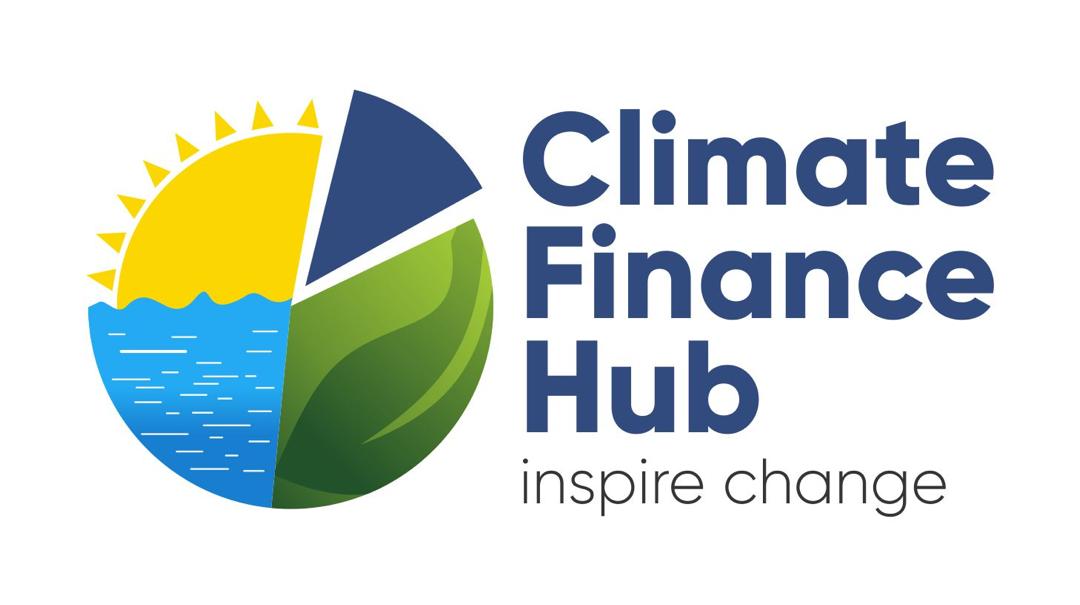In a landmark announcement, the World Bank has pledged an unprecedented $42.6 billion in climate finance for the year 2024, marking a significant escalation in its commitment to supporting global efforts to combat climate change. This historic funding initiative aims to bolster climate resilience, support sustainable development, and address the urgent challenges posed by climate-related impacts across the globe.
Scope of the Commitment
The World Bank’s substantial pledge reflects a strategic approach to climate finance, emphasizing the importance of tailored solutions for different regions and sectors. Key areas of focus for the funding will include:
- Sustainable Infrastructure Development: A significant portion of the funding will be directed towards the construction and enhancement of climate-resilient infrastructure, which is vital for protecting communities from extreme weather events and promoting sustainable economic growth.
- Renewable Energy Projects: The commitment aims to accelerate investments in renewable energy technologies, facilitating the transition away from fossil fuels and supporting the global shift towards cleaner energy sources.
- Climate Adaptation Initiatives: Funds will also be allocated to projects that enhance the adaptive capacity of vulnerable communities, helping them to mitigate the impacts of climate change through improved agricultural practices, water resource management, and disaster preparedness.
Global Implications of the Pledge
The World Bank’s pledge comes at a critical time when the need for substantial climate financing has never been greater. The commitment is poised to have several global implications:
- Mobilizing Additional Funding: This record pledge is expected to catalyze further investments from other financial institutions, private sector actors, and governments, creating a ripple effect that amplifies climate financing globally.
- Supporting Vulnerable Nations: By focusing on climate resilience and adaptation, the World Bank aims to provide targeted support to developing countries, which often face the brunt of climate impacts despite contributing minimally to global emissions.
- Aligning with Global Climate Goals: The funding aligns with international climate agreements and goals, including the Paris Agreement, reinforcing the urgency of collective action to limit global warming and promote sustainable development.

Strategic Partnerships and Collaborative Efforts
To maximize the impact of its climate finance pledge, the World Bank emphasizes the importance of collaboration with various stakeholders. Key strategies include:
- Engaging Local Governments: Partnering with local authorities will ensure that funding addresses the specific needs and priorities of communities affected by climate change.
- Fostering Public-Private Partnerships: By leveraging private sector expertise and investment, the World Bank aims to enhance the efficiency and effectiveness of climate finance initiatives.
- Strengthening International Cooperation: The World Bank will work alongside international organizations and other development banks to align efforts and share best practices in climate financing.
Conclusion: A Call to Action
The World Bank’s pledge of $42.6 billion in climate finance for 2024 represents a historic commitment to addressing the global climate crisis. As nations grapple with the increasing frequency of climate-related disasters, this funding initiative is a critical step toward enhancing resilience and promoting sustainable development.
As the international community prepares for the upcoming COP29 climate conference, the World Bank’s announcement serves as a clarion call for collective action. It highlights the urgent need for enhanced financial support to meet climate goals and ensure a sustainable future for all. The time to act is now, and the world is watching how these resources will be mobilized to create meaningful change.




